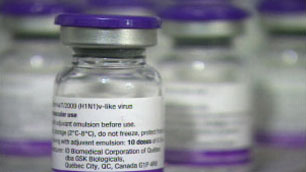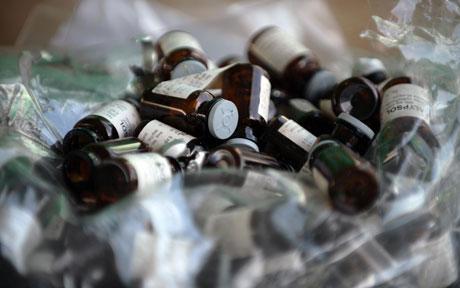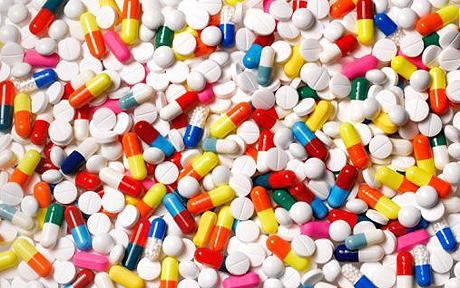Business & Finance Club - Health : An estimated 85 per cent of drugs coming onto the market offer only slight advances on existing treatments while having the potential to cause serious harm due to toxicity or misuse, the study concluded.
The author of the research delivered a damning attack on ''Big Pharma'' at a meeting of sociology experts in the US.
Professor Donald Light described the pharmaceutical industry as a ''market for lemons'' - one in which the seller knows much more than the buyer about the product, and takes advantage of this fact.
''Sometimes drug companies hide or downplay information about serious side-effects of new drugs and overstate the drugs' benefits,'' said Prof Light, a professor of comparative health policy at the University of Medicine and Dentistry in New Jersey, US.
''Then, they spend two to three times more on marketing than on research to persuade doctors to prescribe these new drugs. Doctors may get misleading information and then misinform patients about the risks of a new drug. It's really a two-tier market for lemons.''
He alleged that the pharmaceutical industry owned companies in charge of drug testing and provided ''firewalls'' of legal protection behind which information about dangers or lack of effectiveness could be be hidden.
Companies were assisted by the ''relatively low bar'' for effectiveness that had to be crossed to get a new drug approved, he claimed.
Prof Light presented his paper, entitled ''Pharmaceuticals: A Two-Tier Market for Producing 'Lemons' and Serious Harm'' today at the American Sociological Association's annual meeting in Atlanta, Georgia.
The study includes data gathered from independent reviewers which suggest that 85 per cent of new drugs provide few, if any, new benefits.
Yet toxic side effects and misuse of prescription drugs had made medicines a significant cause of death, said Prof Light.
The professor makes the same claims in a new book, The Risk of Prescription Drugs due to be published this autumn by Columbia University Press.
In both his paper and the book, he describes the ''risk proliferation syndrome'' involved in drug marketing. This is said to arise from maximising the number of patients exposed to the side effects of new drugs of dubious efficacy.
Hyping a drug began with clinical trials designed to minimise evidence of harm and published literature that emphasised its advantages, said Prof Light.
Building on this foundation, pharmaceutical companies staged massive campaigns to sell the product, when a controlled limited launch would allow evidence of its effects to be gathered, he argued.
Leading clinicians were recruited to try using the drug for conditions other than those for which it was approved, and to promote ''off-label'' or unapproved uses, Prof Light maintained.
Physicians inadvertently became ''double agents'' - promoters of the new drug, yet trusted stewards of patients' health.
When patients complain of adverse reactions, studies show that doctors are likely to discount or dismiss them, according to Prof Light.
He accused companies of conducting a ''swamp the regulator'' policy - bombarding the bodies that award drug licences with large numbers of ''incomplete, partial, sub-standard clinical trials''.
One study of 111 final applications for approval found that 42 per cent were missing data from adequately randomised trials, 40 per cent were supported by flawed testing of dosages, 39 per cent lacked evidence of clinical efficacy, and 49 per cent raised concerns about serious adverse side-effects, he said.
Companies control the generation of scientific knowledge and which findings will go to licensing authorities such as the US Food and Drug Administration or be published, Prof Light argued.
''The result is that drugs get approved without anyone being able to know how effective they really are or how much serious harm they will cause,'' he said.
''A few basic changes could improve the quality of trials and evidence about the real risks and benefits of new drugs. We could also increase the percentage of new drugs that are really better for patients.''
In his paper, Prof Light concluded: "The evidence here indicates that the two-tier market for prescription drugs is the largest and most dangerous market for lemons in modern society. Neither wars nor used car injuries come close.
"Current incentives for research produce a few that substantially improve patients' chances of getting better or avoiding death but a large number of barely innovative drugs each year. These new drugs of little benefit consume about four-fifths of all drug costs.
"The incentives and institutional practices around testing and regulatory review predictably result in approvals being based on trials so biased and poorly run that no one knows how much better or worse new drugs are."










